
Tannis & Derek Axten
Tannis & Derek Axten own and operate a diversified grain farm in Southern Saskatchewan with their family. They have implemented innovative ideas to improve sustainability and profitability of the family farm. While attending many workshops and conferences they have met many farmers and scientists who taught them to change the way they looked at farming. This led to their journey towards soil health and regenerating their farmland. Learning about soil biology and how soil functions has renewed their passion for farming, and improved the farm’s productivity.
The Axtens operate a no-till farm and have improved their soil health by seeding intercrops, companion crops and cover crops. Increasing the farm’s plant diversity and intensity is feeding the soil biology, which in turn is regenerating the land. Improving soil health has allowed them to reduce synthetic inputs, increase water efficiency and build organic matter. They have also implemented controlled traffic farming, composting, and grazing as part of their farming system. Derek and Tannis have built a food grade seed cleaning plant on their farm to allow them to access markets directly and this year added a flour mill and packaging line. The Axtens want to add value to the farm’s grains by selling them directly to food companies that value the way the crops are raised.
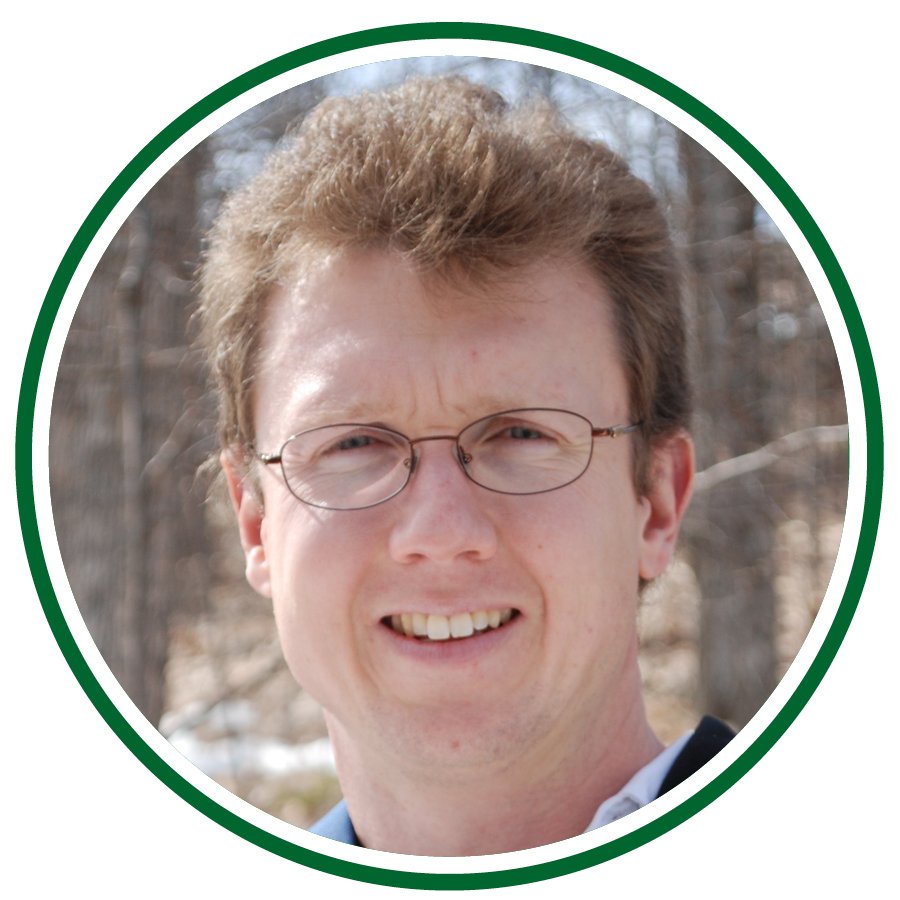
Dr. Steven Frey
Steve received his Ph.D. degree from the Department of Earth and Environmental Science at the University of Waterloo, in 2011. He is currently a Senior Scientist at Aquanty, and an Adjunct Assistant Professor at the University of Waterloo. His current research focuses on the development and application of fully-integrated groundwater – surface water simulation models for climate change and hydrologic risk assessment. Much of his research has an agricultural focus.
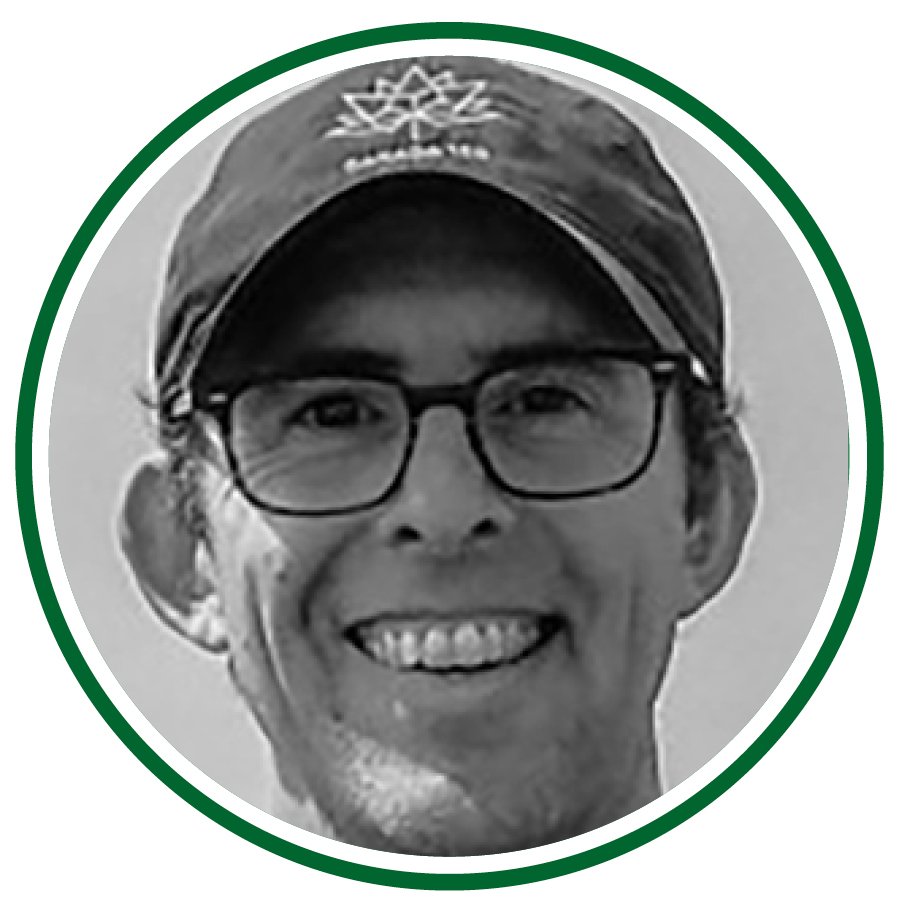
Dr. Paul Galpern
Paul Galpern is an Associate Professor in the Department of Biological Sciences at University of Calgary where he is a landscape ecologist and conservation biologist working chiefly in prairie croplands and rangelands. He is a PI on the Prairie Precision Sustainability Network which maps unprofitable farmed land across Alberta and Saskatchewan to support its conversion to habitat. An active area of research is investigating the conditions where both agricultural and conservation objectives can be achieved at the same time. He believes that such “win-wins” are well within reach in Prairie Canada.

Dr. Jonathan Lundgren
Dr. Jonathan Lundgren, director of EcDysis Foundation and Blue Dasher Farm, at Estelline South Dakota. Blue Dasher Farm and EcDysis studies led by Lundgren, such as the 1,000 Farm Initiative, are well-regarded benchmarks to the power and potential of regenerative agriculture. Blue Dasher Farm combines cutting edge science with hands on experience to remove barriers to the adoption of regenerative agriculture. Dr Lundgren and the Blue Dasher team believe in a food system that promotes soil health, farm biodiversity, and nutrient dense food- all while benefiting the farmers who grow it.
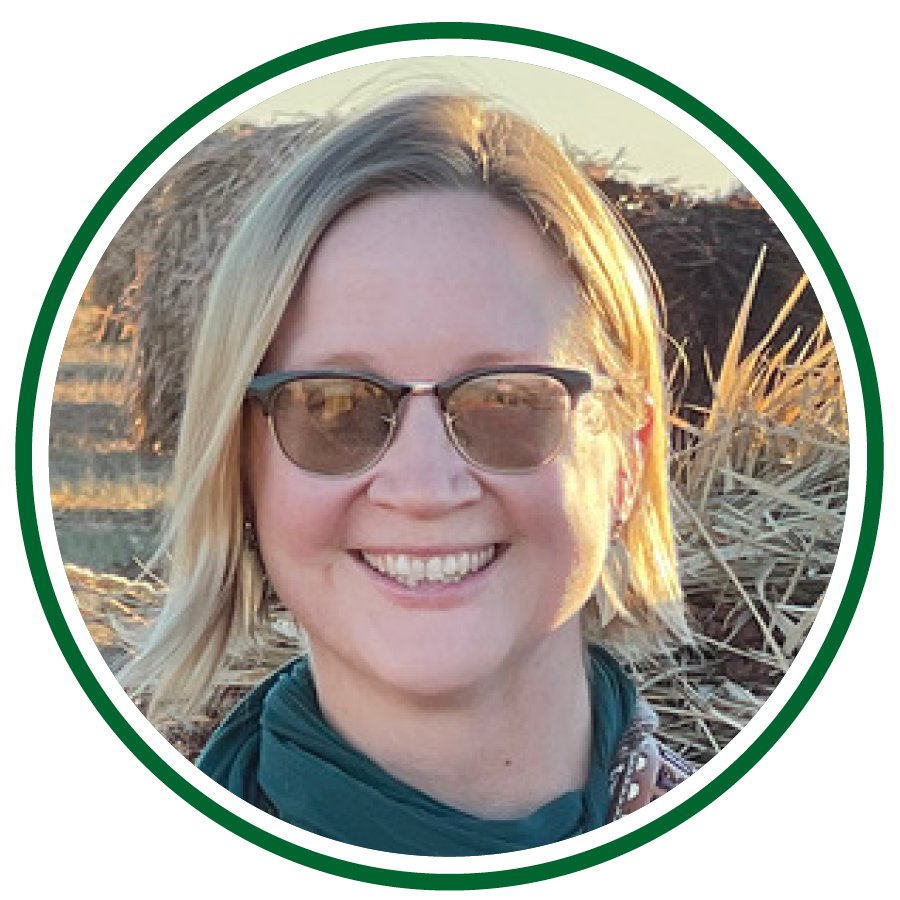
Kalie Rider
Kalie grew up in the sugar beet territory of Western North Dakota with the belief that leaving was the ultimate goal in life. Throughout her childhood she experienced chronic severe migraines and general fatigue and early on it was obvious to her that it was related to what she ate, so she decided to study nutrition in college to get to the bottom of her health condition. In her quest to become a Registered Dietitian, she started making connections between food and her family’s history of farming, which led her to pursue a Master's in Environmental Studies with a focus on food systems at the University of Montana. Meanwhile, back at home, her brother Jed was experiencing his own health conditions and extreme anxiety trying to keep the sugar beet farming tradition alive. He was ultimately exposed (at a bar of all places) to concepts of holistic management grazing systems, adopted them, and never turned back.
After her stint in Montana and ten years away from home, Kalie moved back to be a part of the lives of her nieces and nephews and live on her brother’s ranch to watch the life and diversity come back to the land. Now she sees the Dakota prairie for the rich beauty that it is.
Today Kalie works as a diabetic educator with Indian Health Services, is a mentor for the North Dakota Grazing Lands Coalition, teaches nutrition as an adjunct at Williston State College, and spends many weekends playing music with her band Gettin’ Outta Dodge. She obsessively looks for connections between the soil and human health, and believes that if we start focusing our efforts on improving our soils, the health will follow.

Brendon Rockey
Brendon Rockey raises upwards of 25 varieties of certified seed and specialty fresh market potatoes on his third generation family farm in Center, Colorado. Across the farm’s 500 irrigated acres, companion crops, animals, cover crops and flowers replace synthetic fertilizers, herbicides, fungicides and insecticides. These management decisions have resulted in sustained yields and improved water efficiency for over a decade. Brendon’s creation of an ecosystem that encourages beneficial insects, soil microbes and carbon cycling works not only out in the field, but inside his seed potato greenhouse as well. Commitment to a living system is what makes Rockey Farms successful.
Learn about Brendon’s biotic approach and why it is founded on carbon cycling and diversity. In his presentation, he will explain how synthetic inputs and the absence of life break a farming system and, in turn, how a biotic approach heals and establishes a foundation to strengthen a farm’s overall health. He will demonstrate how he implements biotic tools and resources to successfully grow a quality seed crop in a place where seed and commercial production must coexist. Brendon will also share his economic mindset and explore the nuances of certified seed and fresh market potato production.
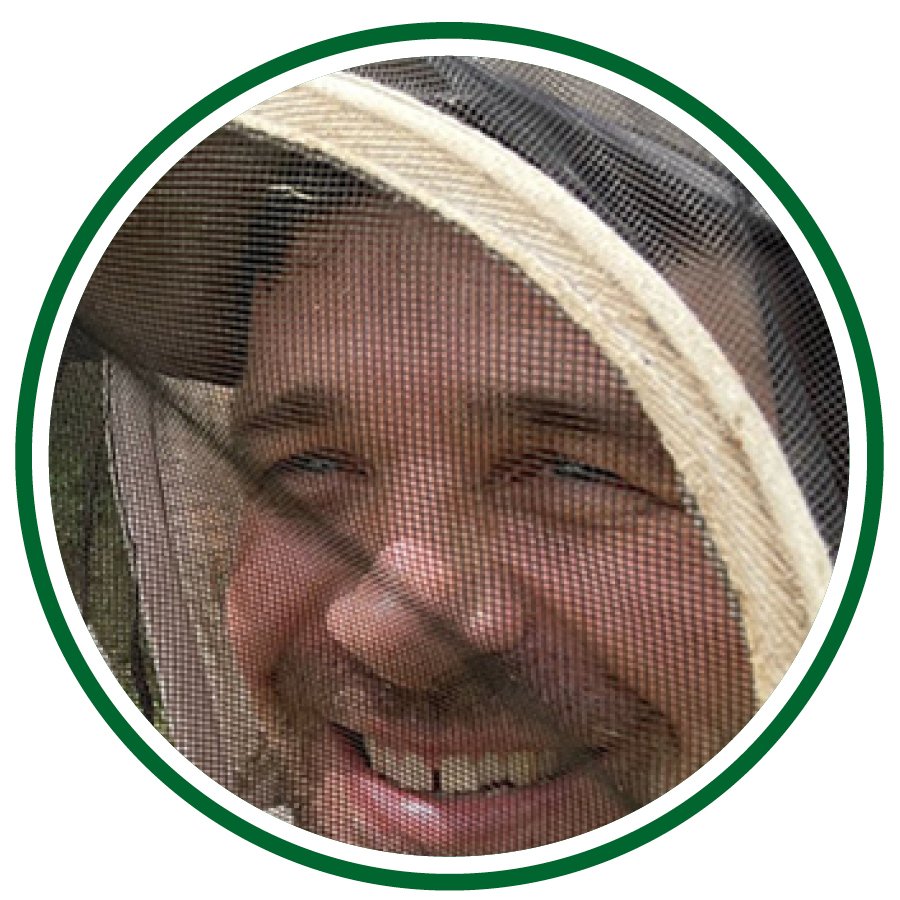
Ian Steppler
Ian Steppler, married to Sandy, father of 5, farms with his family near Miami Manitoba Canada. His family farm is a third generation family farm. Ian and his family crop 4000 acres of land, calve 5-600 head of pure bred Charolais cattle and manage a 1500 hive apiary. Since Ian bought his first 4 hives 23 years ago, he has dedicated his life passion towards beekeeping. Ian credits the current standing of his apiary to others on whom he has leaned on over the years. Ian is a big believer in paying it forward which motivates him to share his successes and failures with others. Follow Ian’s channel to submerse yourself into the world of a Canadian commercial beekeeper!
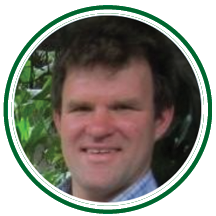
Korb Whale
Mapleton's Organic Dairy Farm is located in Wellington County, Ontario and is home to a herd of 70 dairy cows and a variety of other animals including alpacas, a miniature horse, a number of cats and kittens, and Garrett the donkey. Feed for the dairy herd is grown on the farm and the resulting manure is composted and then used to fertilize the fields. Additional crops such as spelt, soybeans, corn, and pumpkins are grown for human consumption. We are striving to contribute to a world that is healthier for our children (and beyond) and believe that organic agriculture is one way to ensure a prosperous agricultural future. A variety of organic farming practices such a crop rotation, proper composting and spreading of manure as well as mechanical cultivation are used. Instead of insecticides and pesticides we also use patience - and have learned to live with some weeds, and a variety of insects. The goal is to focus on the health of the soil so that we can keep producing food on this land forever.









